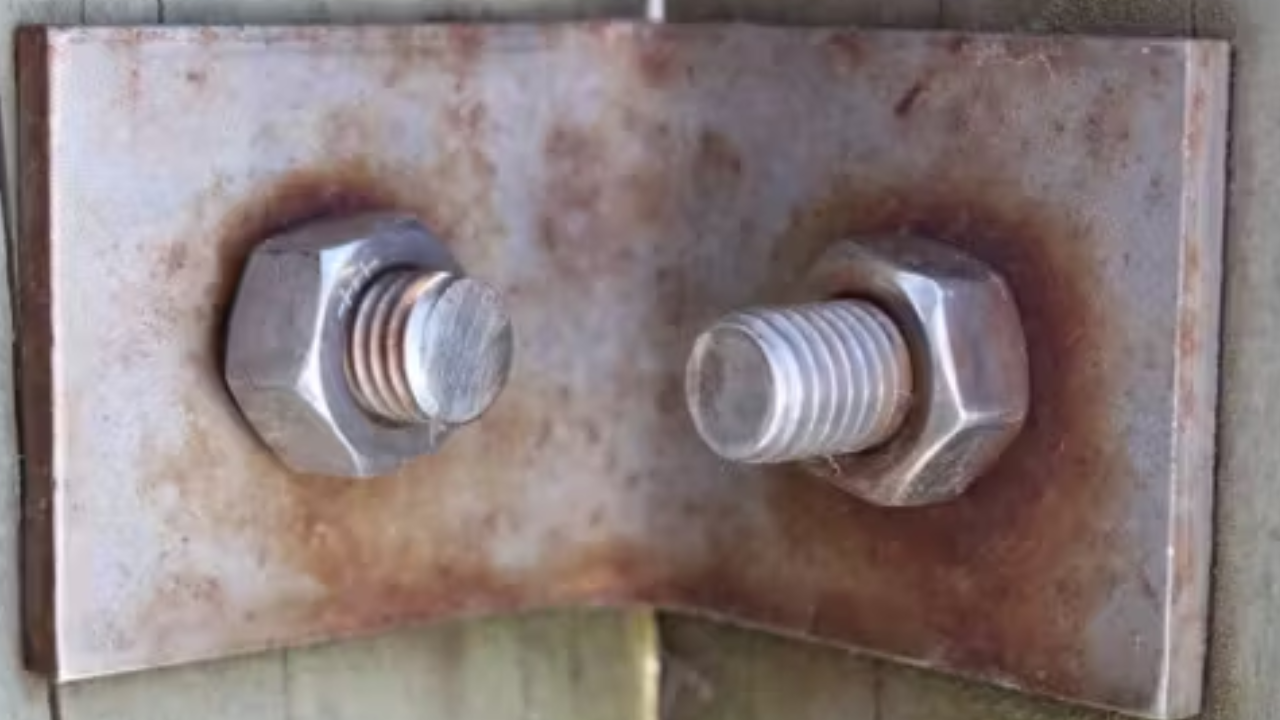The introduction of stainless steel screws in aluminum programs reformed the turn of events and assembling businesses, granting a solid and corrosion-free solution for securing aluminum-added substances. Stainless steel, eminent for its protection from rust and erosion, arose as an ideal texture for use alongside aluminum, which is valued for its lightweight and adaptable properties. The compatibility of stainless steel screws with different aluminum compounds guaranteed sizeable adaptation all through assorted businesses, from aviation and marine to autos and design.
While affixing aluminum parts, settling on the right screws is vital for guaranteeing primary uprightness, solidity, and by and large execution. Stainless steel screws are a famous inclination because of their consumption resistance, toughness, and similarity with aluminum. You can read here more about the necessary factors you need to consider when selecting screws. However, a few key considerations should be addressed while settling on stainless steel screws for aluminum projects to enhance their general presentation and dependability.
Considerations for Selecting Stainless Steel Screws for Aluminum Applications
Below are the various consideration factors that need to be taken into account while selecting screws for aluminum:
Corrosion Resistance
Corrosion resistance is a principal consideration when choosing stainless steel screws for aluminum applications. Stainless steel grades offer high levels of security against consumption, especially in unforgiving conditions. The similarity between the stainless steel grade and the aluminum composite is fundamental to preventing galvanic erosion. Additionally, floor finishes or coatings, consisting of zinc plating or chromate conversion coatings, can provide added protection and decorate the sturdiness of the fasteners.
Compatibility with Aluminum
The compatibility between stainless steel screws and aluminum is fundamental to preventing galvanic corrosion. Choosing viable stainless steel grades with the exact aluminum amalgam being utilized is imperative. Distinctive steel compatibility has to be taken into consideration to ensure the long-term sturdiness of the assembly. With the aid of pairing compatible stainless steel screws with aluminum, the threat of corrosion and structural degradation is minimized, ensuring reliable performance in diverse programs.
Thread Design and Pitch
The thread layout and pitch of stainless steel screws play an important role in their overall performance when fastening aluminum. Coarse threads are favored for aluminum packages, offering higher engagement and preserving electricity in softer substances. Deciding on the correct thread pitch ensures the best thread engagement without risking harm to the aluminum threads. Right thread layout and pitch make contributions to comfy fastening, preventing loosening, and ensuring the integrity of the assembly through the years.
Head Style and Drive Type
Head style and power choice are important when choosing stainless steel screws for aluminum applications. Flat heads are perfect for flush mounting, even as pan heads provide a larger bearing surface and more suitable clamping force. Choosing an appropriate power type, including Phillips, Torx, or hex, guarantees ease of installation and stops the cam-out or stripping of the screw head. Matching head style and pressure type to software necessities guarantees the cozy and dependable fastening of aluminum components.
Length and Diameter
Selecting the suitable duration and diameter of stainless steel screws is essential for the most appropriate overall performance in aluminum applications. Screws ought to penetrate the total thickness of the aluminum material while leaving sufficient thread engagement for secure fastening. The right length and diameter prevent harm to aluminum additives while offering good clamping pressure. Consideration of load-bearing necessities and consulting engineering guidelines guarantees appropriate sizing for the particular software, promoting structural integrity and sturdiness.
Cost Consideration
At the same time, as stainless steel screws may additionally have better initial charges compared to other fastening options, their longevity and corrosion resistance often justify the funding, especially in important or high-performance aluminum applications. Evaluating the general lifecycle value and benefits of the use of stainless-steel screws is vital. Even though in advance prices may be higher, the sturdiness and reliability of stainless steel screws in the end offer price-effective solutions, minimizing the need for frequent replacements or maintenance.
Conclusion
Choosing the proper stainless-steel screws for aluminum programs entails careful attention to various factors, such as corrosion resistance, compatibility, thread design, floor finish, torque necessities, and environmental factors. By deciding on stainless-steel screws, which might be mainly tailor-made to the requirements of the aluminum assembly, you could ensure the surest overall performance, sturdiness, and reliability for the long term.


